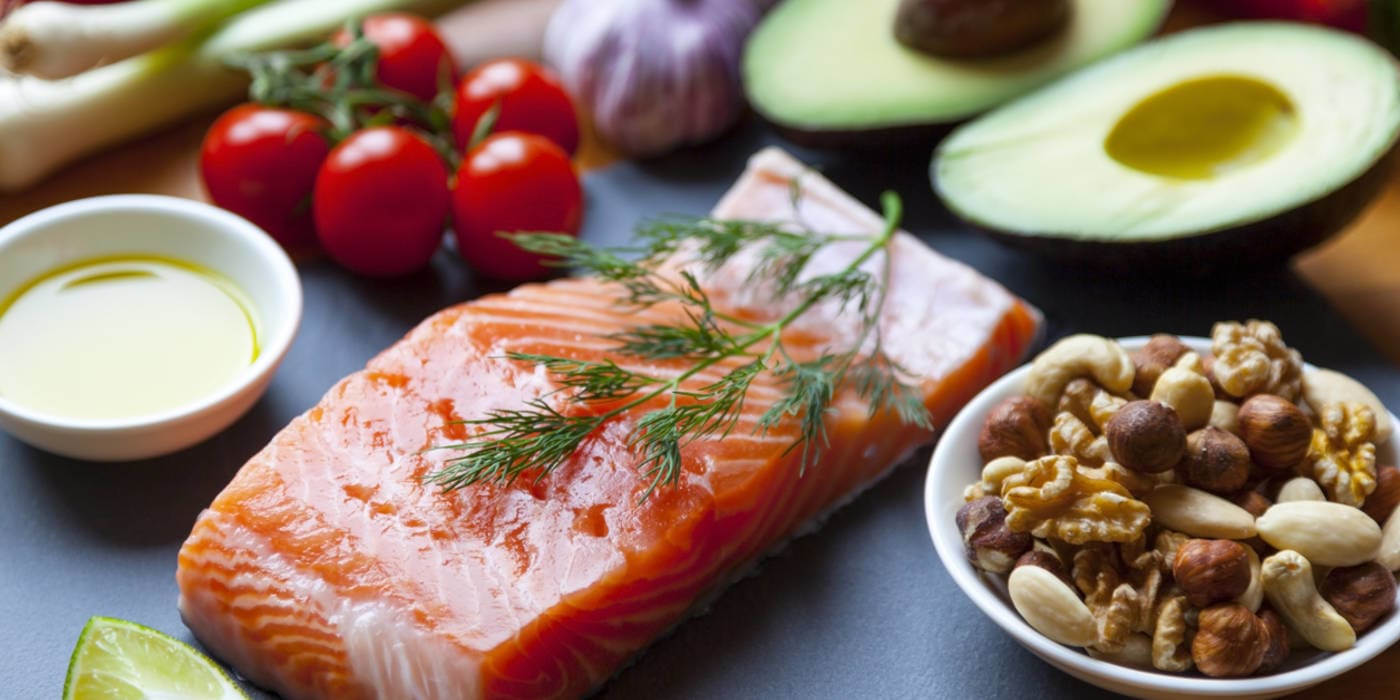How to get started with the Mediterranean diet

The Mediterranean diet has been named no. 1 in “Best Diets Overall” for 2019 by U.S. News & World Report.
The “Mediterranean diet” isn’t a specific diet, since the (approximately) 18 countries surrounding the Mediterranean Sea each have their own dishes and recipes. However, they all share a similar eating pattern.
It’s one of the most well-studied diets, not only for its effects on weight loss, but also for its effects on cardiovascular disease, metabolic syndrome, diabetes and other chronic diseases.
Because the “diet” consists of guidelines and not hard and fast rules, there are no food groups excluded, only recommendations for limiting certain foods — making this a sustainable way of eating.
The guidelines include:
- Core foods to enjoy every day: Whole grains, fruits, vegetables, beans, herbs, spices, nuts/seeds and healthy fats such as olive oil
- Twice weekly servings of fish and seafood
- Moderate portions of dairy foods, eggs and occasional poultry
- Infrequent servings of red meats, saturated fats, refined grains, sugar and sweets
- Small amounts of red wine (if desired)
And because of the high fiber and generous amounts of healthy fats (which are both filling and satiating), hunger isn’t usually a challenge — another boost to the sustainability of this style of eating.
Embracing this diet/lifestyle also means understanding that meals are about more than just calories and nutrients; enjoying your food is important, too. You can do this by taking the time to shop for fresh ingredients; using natural, healthy ways to enhance flavors; spending time cooking with friends or family; and lingering at the table.
One final aspect of the Mediterranean diet that is frequently overlooked (or at least not emphasized) is the incredible importance of regular, consistent physical activity to ensure heart health and a healthy weight. Walking is a big part of the culture in cities surrounding the Mediterranean Sea.
A great place to start
With 74 percent of Americans citing “weight loss” as their no. 1 health concern, particularly after the holidays, we know it’s common to want a quick fix.
But weight loss is a complicated issue and there are many factors contributing to it, not just diet. Plus, research shows that slow, steady weight loss (1-2 pounds per week) is the most successful in terms of keeping it off.
Because MultiCare’s Center for Weight Loss and Wellness (CWLW) is dedicated to helping achieve permanent, long-term weight loss as well as improving overall health, we don’t advocate quick-fix diets or “fad” diets, skipping meals, meal replacements and so on.
Instead, we focus on whole, fresh foods and clean eating as a solid foundation.
When our clients first begin the program, we want to help them get started on the path to healthy eating — and the Mediterranean diet is, arguably, a great place to start.
However, we don’t advocate any specific diet. Instead, we emphasize the health benefits from this particular style of eating and living.
How to get started
First, make it easy. Keep your kitchen stocked with these staples:
- Fresh fruits and vegetables (or frozen, with no added sugar, salt, sauces, etc.)
- Canned or dried beans and chickpeas
- Olive oil
- Dried lentils
- Fish/seafood and poultry
- Low-fat/non-fat dairy products
- Quinoa
- Whole grains (wheat, oats, brown rice)
- Nuts and seeds
- Canned tomatoes
- Dried spices (oregano, thyme, cumin, paprika, dried mint leaves)
- Olives
- Vinegar
- Garlic
Once you are fully stocked, find recipes that include these ingredients, such as this Mediterranean shrimp quinoa salad.
The MultiCare Center for Weight Loss & Wellness supports you before, during and after the weight loss journey.



